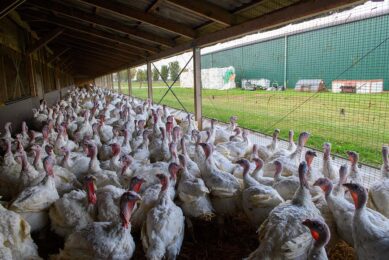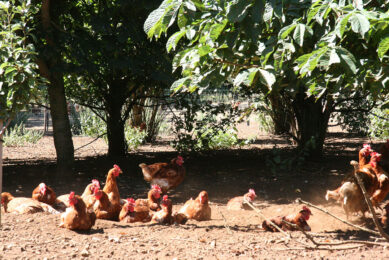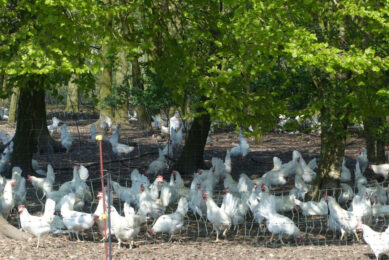Is organic really better for you?
The US Department of Agriculture describes organic foods as those “produced without most conventional pesticides, synthetic fertilizers, genetic engineering, or irradiation” by “environmentally aware farmers who emphasize renewable resources and conserving soil and water.”
Organic meat, poultry, eggs and dairy products are further defined as those that “come from animals that are given no antibiotics or growth hormones.” But is it really “better”? More often than not it’s more about conscience than science.
Before a product receives the USDA‘s official organic seal, at least 95% of its ingredients must be certified organic. However, the USDA leaves unanswered the question on most shoppers’ minds: Is it more nutritious? In reality, the evidence just does not exist that organic foods are nutritionally superior.
What does play a factor is proximity. Many chefs buy from local markets because they know the products are fresher. “Organic” products may cost two to four times as much as local items, and not be a fresh. However, may agree that buying local is not always possible, the next best option is organic.
At the end of the day, whether organic is worth the extra money and effort may depend more on each person’s values, beliefs and budget than any objective nutritional analysis.
Related articles:
Join 31,000+ subscribers
Subscribe to our newsletter to stay updated about all the need-to-know content in the poultry sector, three times a week. Beheer
Beheer








 WP Admin
WP Admin  Bewerk bericht
Bewerk bericht